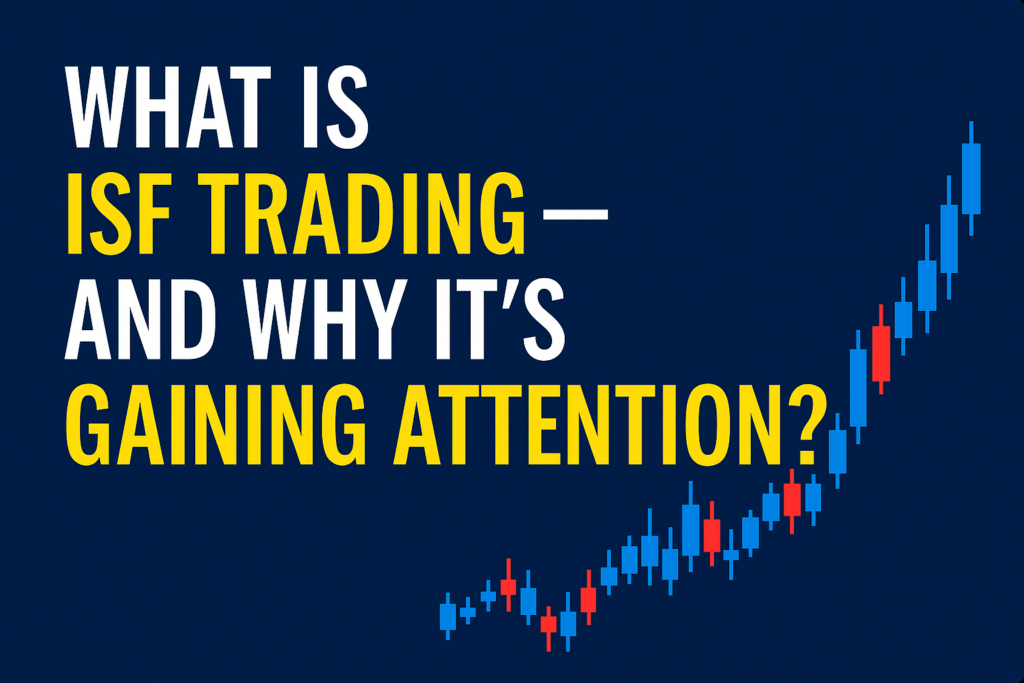In recent weeks, the term “ISF trading” has quietly gained traction in online search trends — but what exactly is it? While some associate ISF with obscure crypto tokens, in the world of finance, ISF typically refers to Institutional Securities Finance — a specialized but growing area in modern trading infrastructure.
Let’s break down what ISF trading is, who it matters to, and why interest is rising now.
🔍 ISF = Institutional Securities Finance
At its core, Institutional Securities Finance refers to a range of services that facilitate the lending and borrowing of securities — typically between large financial institutions. This includes:
- Securities lending
- Repo (repurchase) agreements
- Collateralized financing arrangements
ISF is a key part of market liquidity, enabling hedge funds, banks, and institutional investors to efficiently deploy capital and manage short positions.
🏦 Who Uses ISF Trading?
This isn’t the kind of trading you do from your mobile app.
ISF is mostly used by:
- Prime brokers
- Institutional asset managers
- Hedge funds
- Pension funds
They use ISF to:
- Borrow securities for short selling
- Generate revenue by lending idle assets
- Meet margin and liquidity requirements
- Access low-cost funding using securities as collateral
📈 Why Is ISF Gaining Attention Now?
Several trends are bringing ISF into the spotlight:
- Rising interest rates → Greater demand for repo-based financing
- Short-selling activity → Hedge funds seek more efficient access to borrowed shares
- Collateral optimization → Institutions want to maximize yield from idle portfolios
- Tokenized securities & DeFi → Some are exploring blockchain-based ISF models
Additionally, recent volatility in bond markets and regulatory shifts (like Basel III) have pushed institutions to look at more flexible financing mechanisms — and ISF fits the bill.
🧠 Why Should Retail Traders Care?
While ISF is largely behind-the-scenes, it has direct ripple effects on public markets:
- Short squeezes (like GameStop) often involve tight ISF dynamics
- Borrow fees and availability of shares depend on securities lending
- Market liquidity and volatility are impacted by ISF infrastructure
- Emerging fintech platforms may begin offering ISF-style products to advanced retail traders
So even if you’re not directly using ISF, it’s influencing how markets function around you.
📊 Final Thoughts
ISF trading isn’t new — but it’s evolving.
As financial markets become more complex and interconnected, Institutional Securities Finance is becoming a vital part of the ecosystem.
Whether you’re an institutional player or a retail trader trying to understand what’s moving the market, ISF is no longer something you can afford to ignore.







